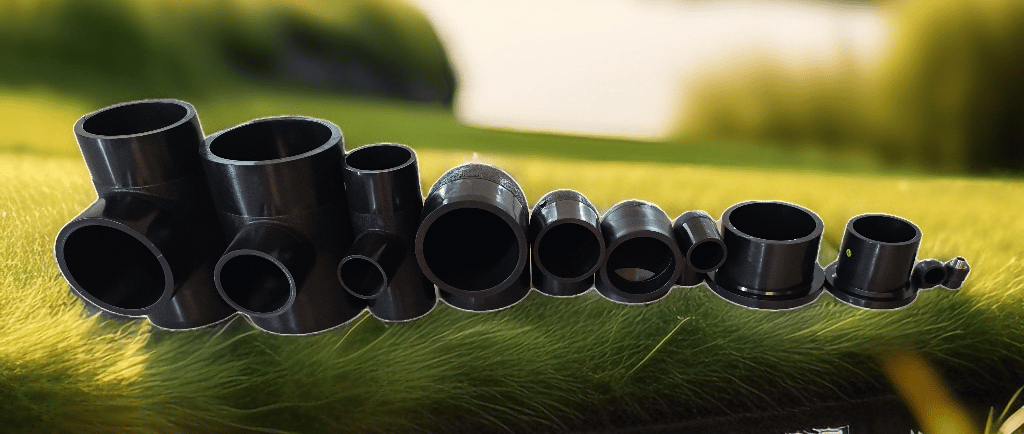The Benefits of HDPE Butt Fittings in Agricultural Irrigation
10/21/20241 min read


Introduction to HDPE Butt Fittings
HDPE butt fittings play a crucial role in agricultural irrigation systems. These fittings are designed to connect HDPE pipes of various specifications and materials, ensuring a secure and leak-free joint. This is vital for maintaining an efficient irrigation system that conserves water and resources. Furthermore, the use of HDPE materials contributes to the longevity of the irrigation infrastructure.
Cost-Effective Solutions for Irrigation
One of the standout features of HDPE butt fittings is their exceptional resistance to corrosion and wear. This characteristic significantly reduces the overall frequency of pipe maintenance and replacement, ultimately leading to cost savings for farmers and agricultural businesses. When irrigation systems are designed with HDPE components, the durability of the fittings ensures that agricultural operations can run smoothly without the constant worry of leaks or failures.
Improving Irrigation Efficiency with HDPE Butt Fittings
HDPE butt fittings allow for flexible arrangement according to specific irrigation needs. This flexibility enables farmers to optimize their irrigation systems to ensure maximum stability and functionality. By utilizing these fittings, growers can improve irrigation efficiency, leading to better water management in crops. In turn, this contributes to higher yields and better resource utilization.
Moreover, the implementation of HDPE butt fittings aligns with environmental protection initiatives. Their durability and efficiency not only contribute to reducing waste and minimizing water usage but also support energy conservation. Thus, the strategic use of HDPE fittings in agricultural settings is a progressive step towards sustainability in farming operations.
In conclusion, HDPE butt fittings represent a vital component of modern agricultural irrigation systems. They not only facilitate the connection of pipes but also provide numerous advantages, including cost-effectiveness, improved efficiency, and environmental protection. By investing in high-quality HDPE fittings, farmers can ensure a robust and sustainable irrigation solution that meets the growing demands of agriculture.
